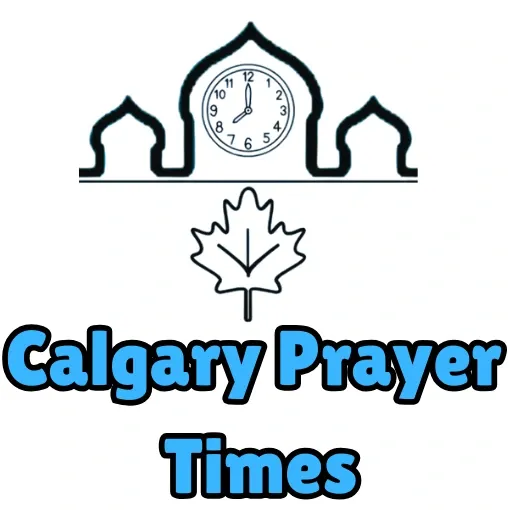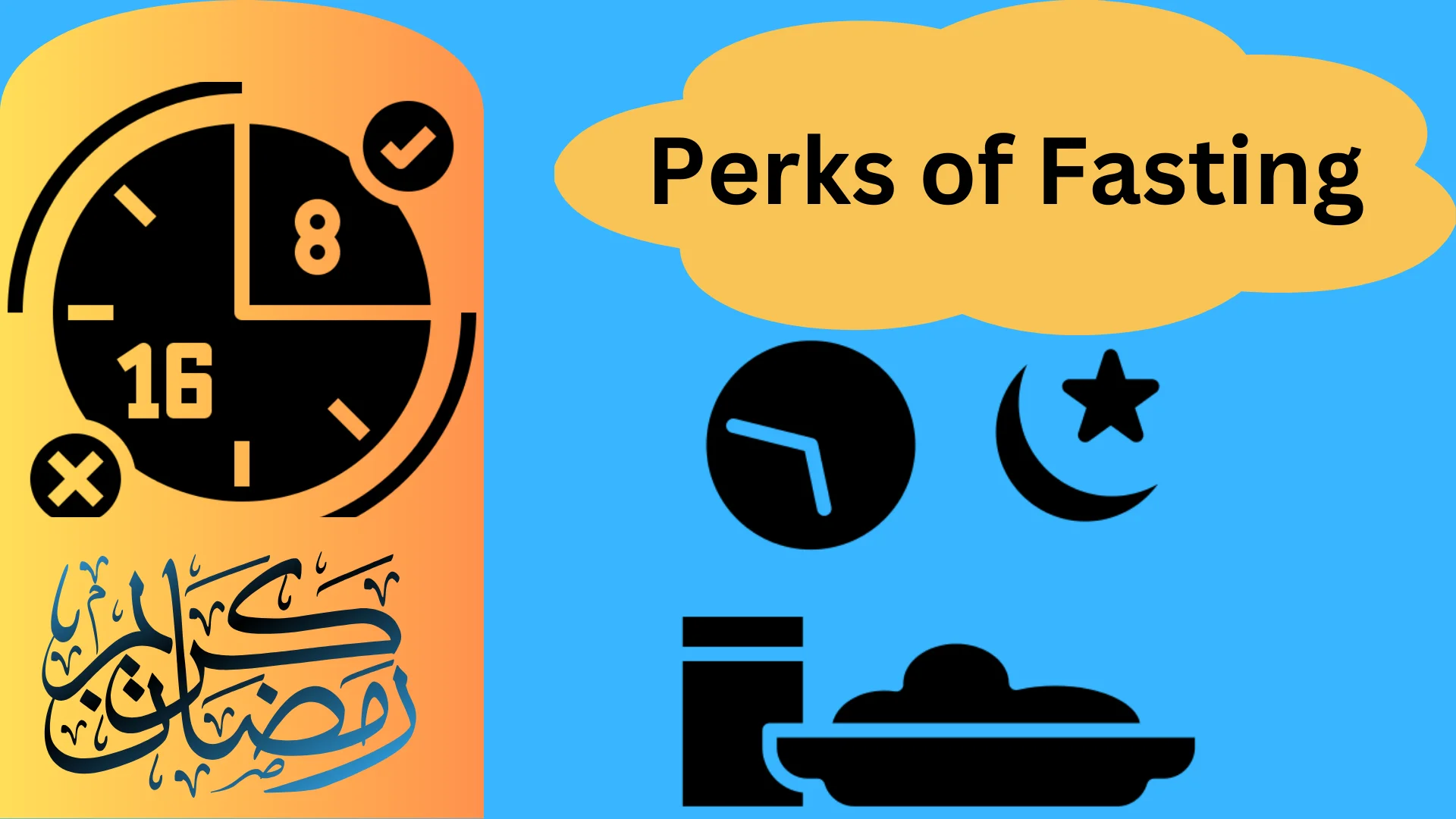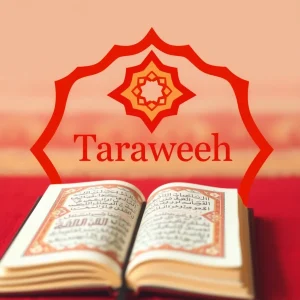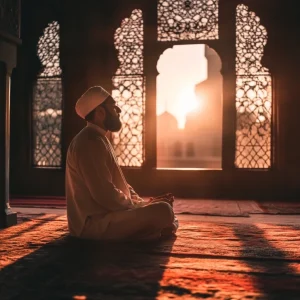The Spiritual Perks of Fasting In Ramadan
The Spiritual Perks of Fasting In Ramadan, an important month of the Muslim calendar, believers around the globe avoid eating and drinking from dawn until sunset. Furthermore, refrains range from food to physical privileges. The most important part of Ramadan is fasting, but Ramadan contains numerous forms of spirituality. Fasting is more than an imposition of physical boundaries; during the holy month of fasting, it allows you to change your soul and body, increase faith, and enhance brotherhood within the community. The nurturing of heart, mind, and community is the focus of this ancient ritual, and in this article, we delve deeper into the fasting practices during Ramadan and their benefits.
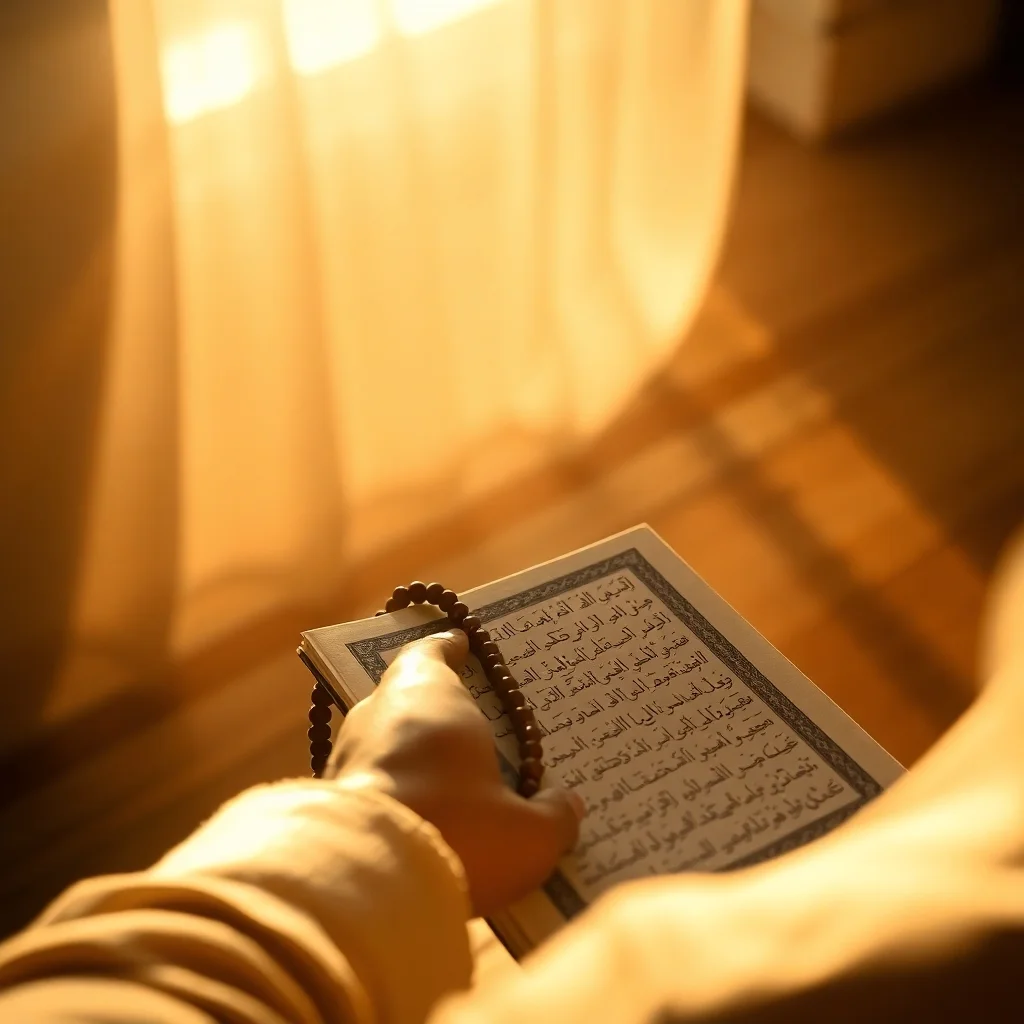
Ramadan as a path of the Soul
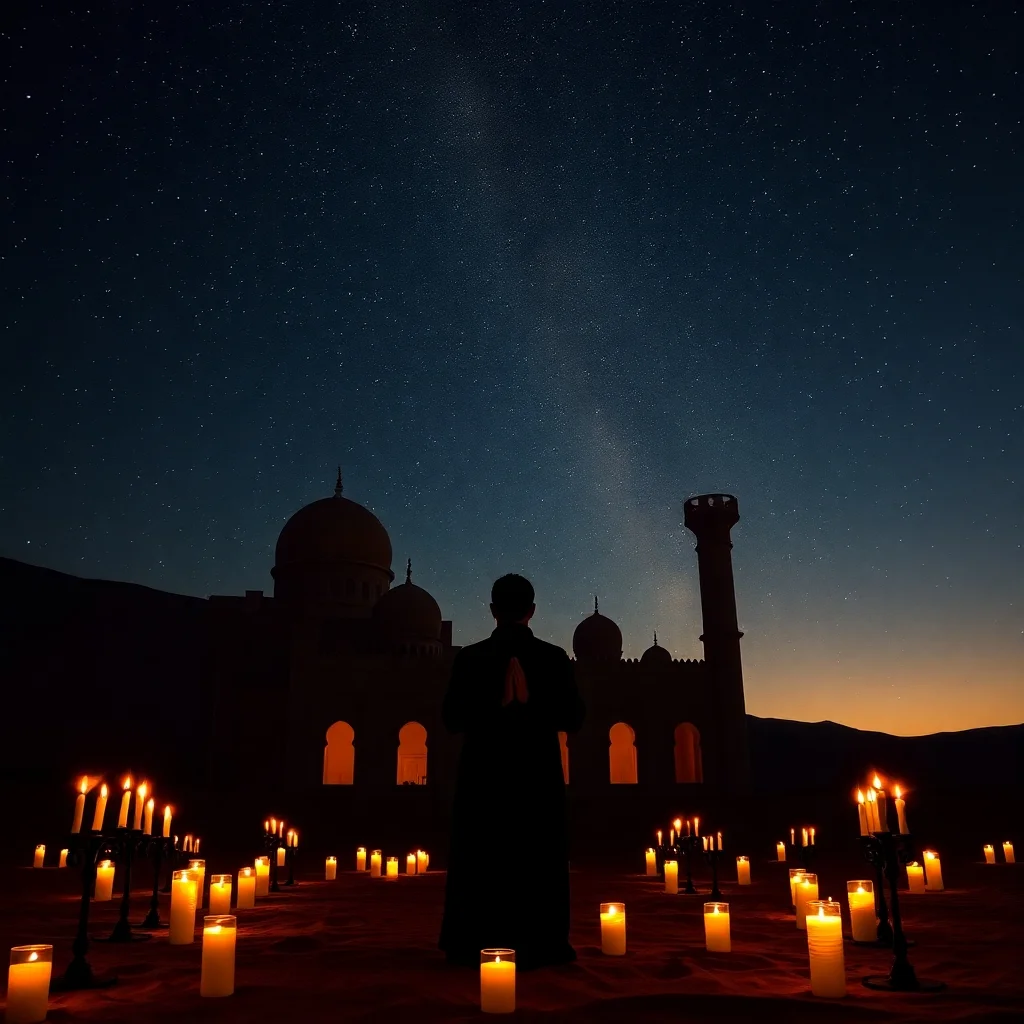
1. Educating Self-Discipline and Commitment
The function of fasting during Ramadan is not about abstinence but rather a work of self-control. Muslims voluntarily choose to stop food and water to train themselves to enhance their discipline and refrain from rapid satisfaction. This self-control surpasses just hunger; people of faith are also educated to control negativity, gossip, anger, and intolerance. The Quran states, “Fasting is mandatory for you as it was mandatory for those before you, that you may receive God-consciousness” (2:183). By practicing limitations, one becomes stronger when dealing with life hardships.
2. Expanding Empathy and Kindness
Ramadan does not allow complacency to fester. The hunger experienced during the fast leads to an empathic understanding of the daily hardships people facing food scarcity endure. This vulnerability tends to drive many people toward charity (zakat) and voluntary social work. The Prophet Muhammad (peace be upon him) said that feeding a fasting person who is breaking his fast deserves the same reward as the person fasting. Therefore, contributing to the spirit of Ramadan, meal donations and shelter volunteering all serve to heal the splits in society and create a sense of community compassion.
3. Healing and Purifying Spirit
Fasting serves as a cleansing process for the body. Ramadan is used by Muslims as a month of atonement, forgiving and resolving to act more ethically. Without the screen or excessive food, the mind is free from disturbances, and one can reflect and pray. Many spend more hours with the Quran, which is believed to be revealed in its entirety during the month. This month is commemorated with nightly *Taraweeh* prayers, where the communal recitation of the Quran invigorates the heart and reorders the mind. When looking after the body with fasting, the soul is fed with the body’s connection to the divine.
Fostering Societal Relations

The community feeling of Ramadan is strong.
Before dawn and after dusk, families engage in *suhur* and *iftar* meals. Beyond this, mosques serve free food to anyone interested. These practices remove obstacles like ethnicity, social standing, and national borders, bringing together worshippers from all around the world. The shared challenge of undertaking a fast cultivates a sense of community, as people motivate each other through the more draining phases. Amongst a world that is mostly divided because of wars and unrest, Ramadan serves as a period where people can be united, having care for one another while understanding that all each one of us needs is a bit of humility.
Strengthening Faith
Fasting expands the ability to feel close to God. Muslims turn their focus inwards, engaging in prayers and reflection, and with fewer things to distract. The last ten days in the month of Ramadan are the most crucial, as they come with *Laylat al-Qadr*, when the Quran was first revealed. These days, worshippers pray fervently, hoping for mercy and guidance. This increased commitment to goodness and faith strengthens belief, reminding worshippers of their ultimate purpose: to serve and approach God.
Encouraging Thankfulness and Self-Commitment
Fasting invokes gratitude because it momentarily removes some of life’s simple yet precious necessities—clean water, delicious food, and the warmth of family—that most people tend to take for granted. The absence of these things during the day creates an appreciation for their true worth.
Numerous Muslims use Ramadan to set personal targets and goals, whether it is breaking unwanted traits or developing new ones such as patience and humility. By the end of this month, the hope is to not only be lighter in body but also lighter in spirit, meaning more mindful, compassionate, and in tune with one’s self.
—
Conclusion:
A Unified System Towards Enlightenment
It is to be noted that Ramadan is more than a month of fasting; rather, it serves as a unified spiritual syllabus. Muslims use this time to cleanse their hearts by fasting, praying, and performing kindhearted acts to recharge their priorities towards their relationship with humanity and the Divine. The important lessons taught during the Ramadan month, such as self-discipline, empathy, and gratitude, inspire lasting change. As the crescent moon appears, announcing the Eid al-Fitr and the festival marking its end, believers strive to live following the teachings of Ramadan throughout the year.
FAQs for The spiritual Impact Fasting Has during Ramadan
